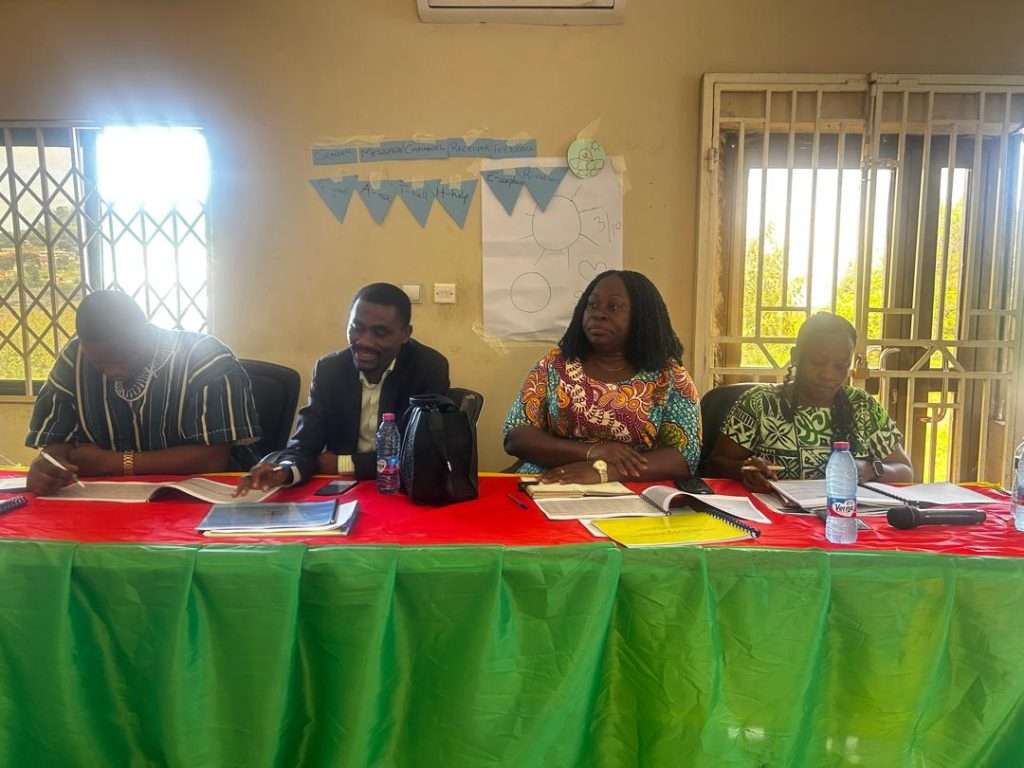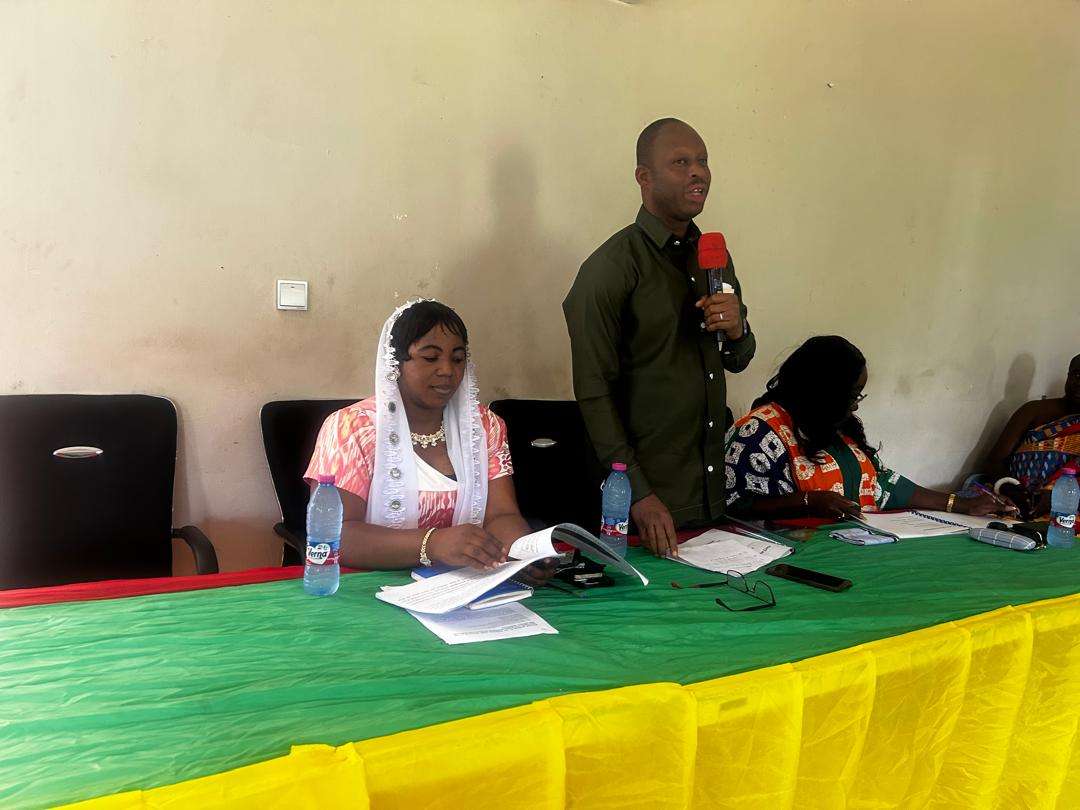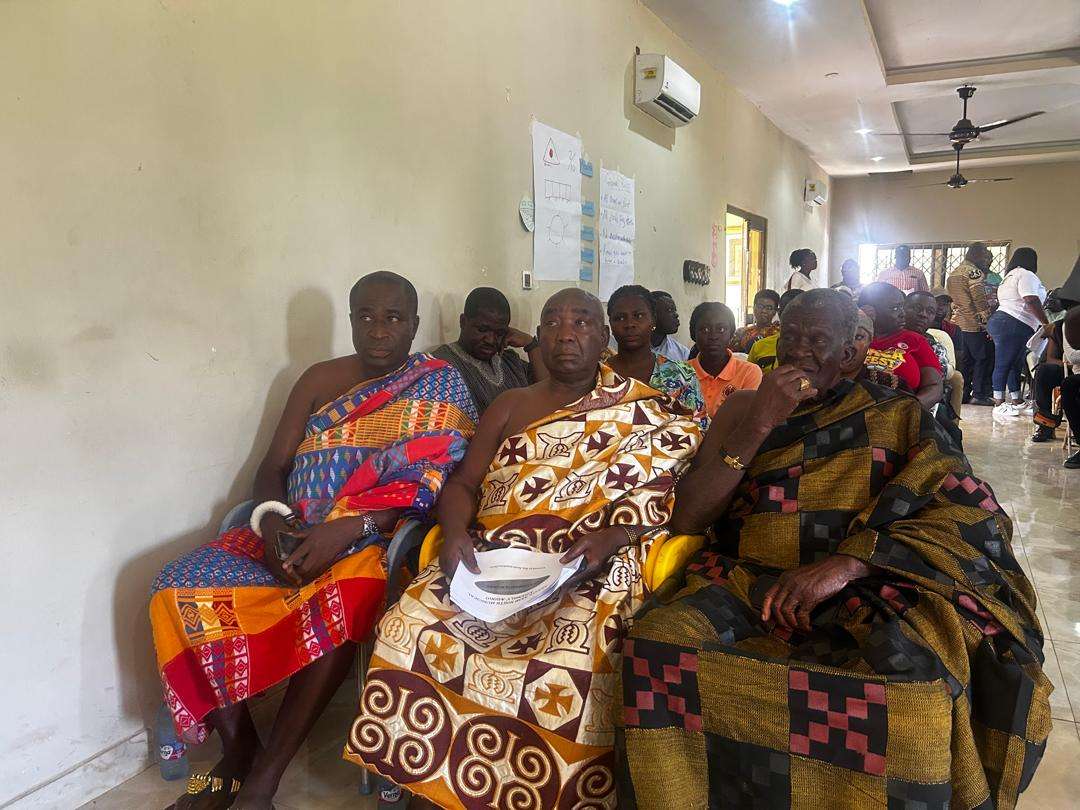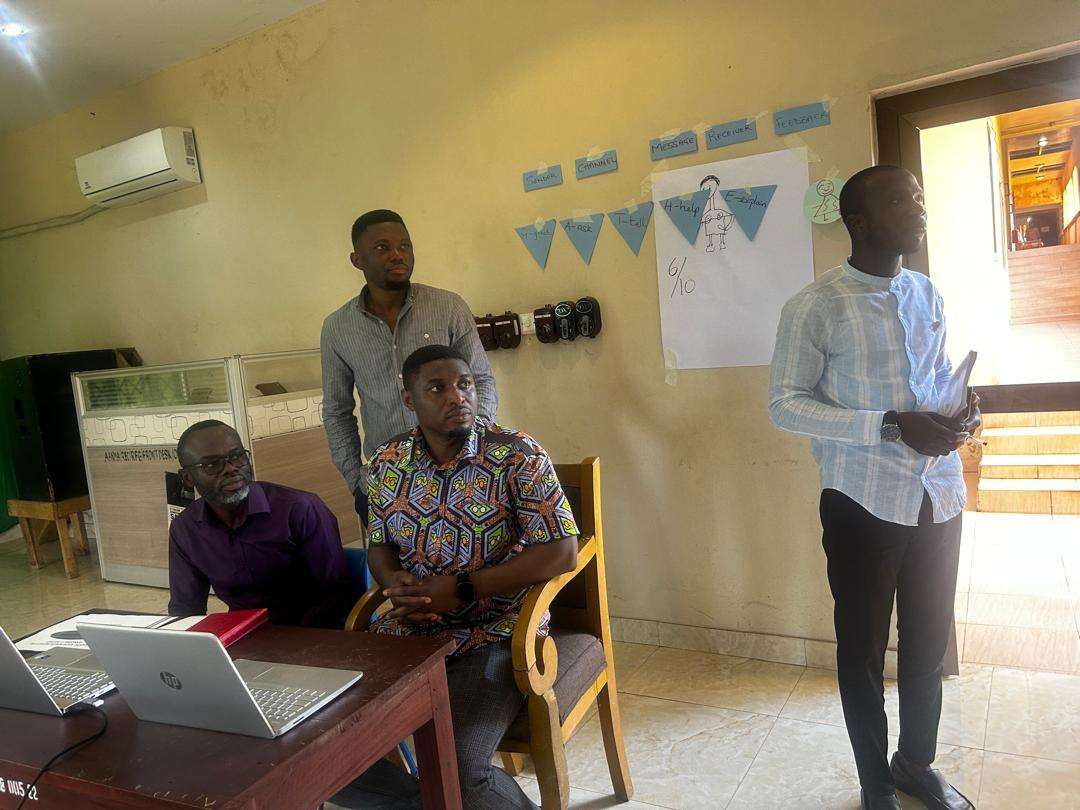20th October 2025.
Speech by cordinating Director
Mr Asamoah Damoah.
Education Director Present
MP present at the Occassion.

On Friday, 17th October 2025, the Municipal Chief Executive (MCE) of Asante Akim North, together with the Municipal Budget Committee, warmly welcomed a high-level delegation to the Annual Budget Hearing for the 2026 fiscal year. The event brought together key stakeholders, including representatives from the Local Government Service (LGS) national headquarters, the Ashanti Regional Coordinating Council (ARCC), the Accountant-General’s Department, as well as the Municipal Chief Executives of Asante Akim Central and Asante Akim South, their respective staff, traditional leaders, market women, and other community members.


The gathering provided a platform for the Asante Akim North Municipal Assembly to present its proposed budget and development priorities for the upcoming year.
Purpose and Importance of the Budget Hearing
The Budget Hearing is a crucial component of Ghana’s local governance and fiscal planning process. It allows the Municipal Assembly to publicly present its revenue and expenditure plans, ensuring that stakeholders are informed about how public funds will be allocated and used. This promotes transparency and builds trust between the Assembly and the citizenry.
By bringing together key partners—government agencies, traditional authorities, business groups, and civil society—the process encourages participatory governance. Stakeholders have the opportunity to provide feedback, raise concerns, and suggest adjustments to ensure that the proposed budget reflects local needs and priorities.


The hearing also ensures that the Municipal Assembly’s budget is consistent with both the National Development Policy Framework and the Ashanti Regional Development Agenda. Representatives from the ARCC and national bodies assess the budget to confirm that proposed projects align with national objectives and fiscal guidelines.
Furthermore, it provides a forum for the Assembly to justify its resource allocation decisions, ensuring that limited funds are directed toward projects and programmes that will yield the greatest benefit to the community—such as infrastructure, education, health, sanitation, and economic empowerment.
The hearing also allows for reflection on the previous year’s budget implementation, helping identify challenges, successes, and lessons learned to improve financial management and project execution in the coming year.
Conclusion
The 2026 Annual Budget Hearing was, therefore, not merely a procedural requirement but a vital exercise in participatory governance, accountability, and developmental planning. Through such engagements, the Asante Akim North Municipal Assembly continues to strengthen local democracy and ensure that development initiatives are people-centered and result-oriented.